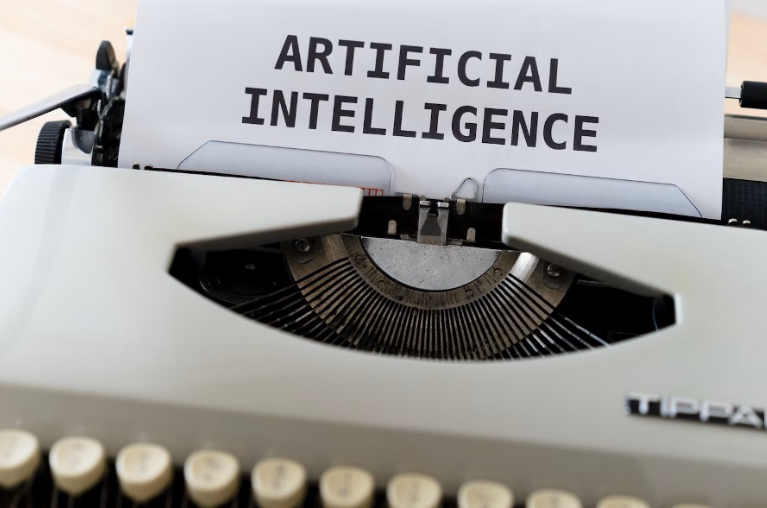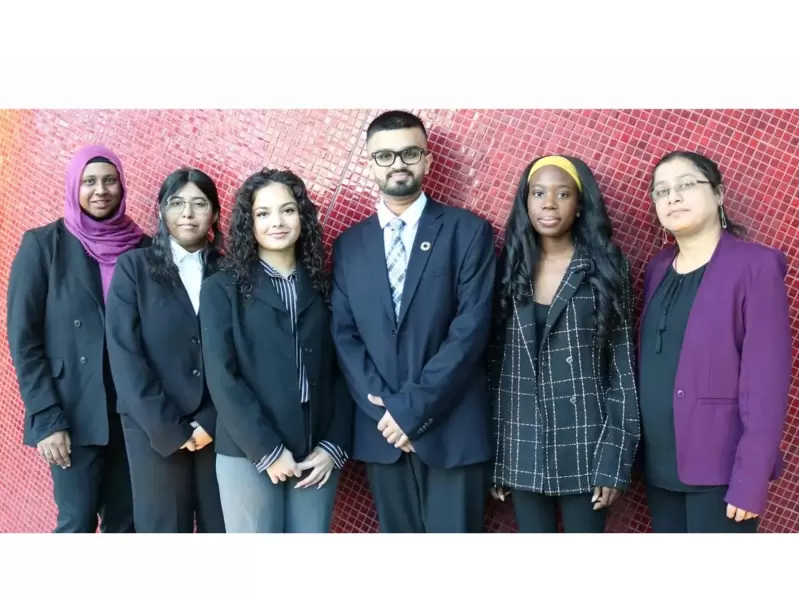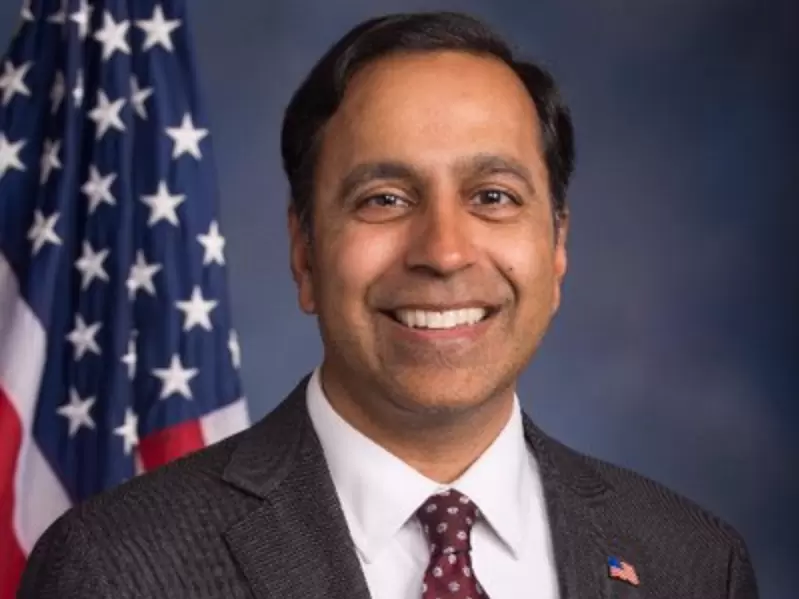AI will impact 40 percent of jobs worldwide
AI could potentially impact advanced economies more than developing economies
 Representative Image -- UnSplash /
Representative Image -- UnSplash /
Artificial intelligence (AI) is advancing at a record pace with companies trying to best the latest model in the market. The International Monetary Fund recently studied the potential scale of the impact and the findings were released in its Gen-AI: Artificial Intelligence and the Future of Work report.
Almost 40 percent of global employment is exposed to AI, as per the findings. Advanced economies could face greater risks, i.e. 60 percent, because of constant developments in AI that could automate tasks that have relied on human intelligence and decision-making. However, these economies will also have more opportunities to leverage AI’s benefits compared to emerging markets and developing countries, the report states.
AI integration could complement roughly half of the exposed jobs. For the other half, AI applications may perform vital tasks that humans currently perform. This in turn could lower demand, directly affecting wages and hiring. The report underlined some jobs may even disappear with AI expansion in the future.
In emerging markets and low-income countries, AI exposure is expected to be 40 percent and 26 percent respectively. These findings suggest that these economies will face fewer immediate disruptions from AI.
Most of these countries don’t have skilled workforce and infrastructure to harness the benefits of AI. Over time, inequality between tech-backward and technologically forward countries could worsen, resulting in a bigger problem.
The best example to understand the issues would be China, which with its large number of trained engineers in chip design and logic process technology, holds a huge advantage over the majority of the countries, including the global superpower U.S.
Noting that AI will likely worsen overall inequality, the IMF report suggested policymakers address the issue to prevent technology from further fuelling social tensions. The report called on countries to establish comprehensive social safety nets and offer retraining programs for vulnerable workers to make the imminent AI transition more inclusive while curbing inequality and protecting livelihood.
ADVERTISEMENT
ADVERTISEMENT
E Paper
Video



 Yasmin Tinwala
Yasmin Tinwala












Comments
Start the conversation
Become a member of New India Abroad to start commenting.
Sign Up Now
Already have an account? Login